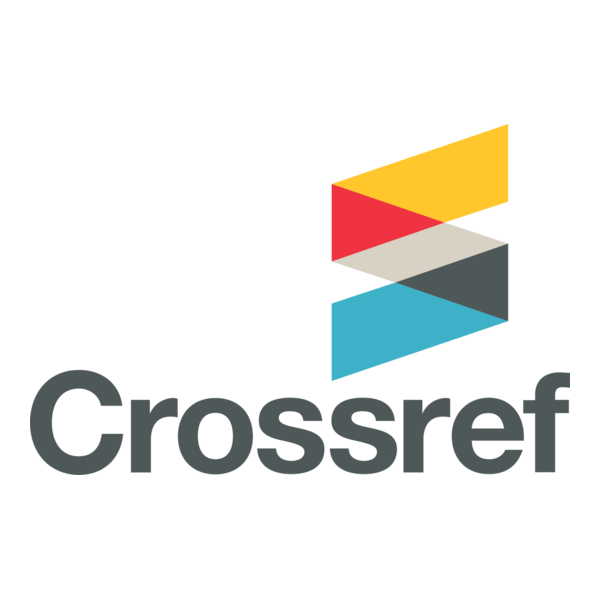Time Management and Performance in Organizations
Keywords:
notion, time, management, job, effectiveness, behavior, performance, performativityAbstract
Research Question (RQ): Is time management an effective strategy to improve organizational performance?
Purpose: The purpose of the article was to examine research evidence on time management and job and organizational performance. examining past and existent research on time management and its association with job performance and organizational performance.
Method: Using theorizing method of search, I examined secondary data from several readings and analysis of previous research studies and literature on the topic of this article. I reviewed past and existing literature with empirical evidence on the time management impact on job and organizational performance using search engines such as: DOAJ, Google Scholar, Public Med, Elsevier, SAGE, and other databases that contained the themes according to keywords: time management, job performance and organizational performance. To test associations between time management and job and organizational performance and to provide arguments for it, I used Pyramid principle method developed by Pinto (2002).
Results: We tested the association between time management and job and organizational performance. Findings reveal that time management influences personal time behavior, job performance and organizational performance: 1) time management is panacea and not placebo, 2) time management successfully uses organizational resources and implements organization goals 3) time management requires the setting of distinctive time behaviors to impact job and organizational performance.
Organization and society: The awareness of the positive role of time management in the process of improving job and organizational effectiveness, help the management of organization to understand, promote and support time behavior of employees, which results in better performance.
Originality: The research aims at promoting time management is an important factor in following the organization success and helps to provide new evidence on already scarce research on the topic of time management.
Limitations / further research: The research is limited due to scarcity of empirical evidence on the topics and due to limited research articles reviewed available in the contents of search engines used. Research is based on indirect associations and not on correlations, so more rational and quantitative method should be used in future research.
Additional Files
Published
How to Cite
Issue
Section
License
Copyright (c) 2021 Milan Ambrož

This work is licensed under a Creative Commons Attribution-ShareAlike 4.0 International License.
![]()








